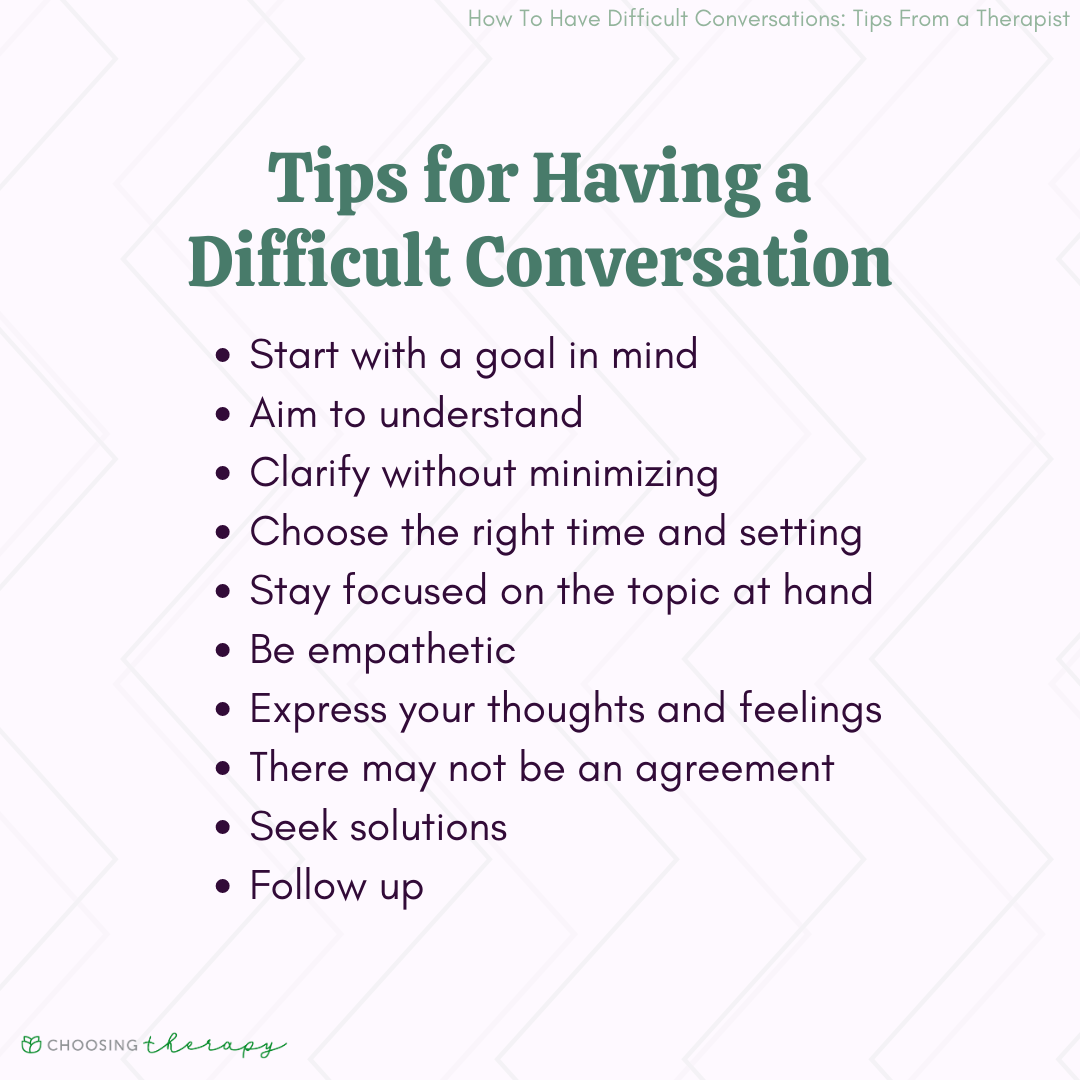Examples Of Difficult Conversations With Employees

Managers nationwide are facing a gauntlet of difficult conversations, impacting employee morale and productivity. These crucial interactions, often avoided, range from performance critiques to navigating sensitive personal issues.
This article examines the common scenarios demanding these tough talks, offering insight into best practices and highlighting the potential pitfalls of avoidance.
Addressing Performance Issues
One of the most frequent difficult conversations revolves around underperformance. A recent survey by SHRM found that 42% of managers struggle to address performance gaps effectively.
This hesitance can stem from a fear of confrontation or a lack of confidence in delivering constructive criticism. A key element is focusing on specific, observable behaviors rather than making generalizations about an employee's character.
For example, instead of saying "You're not a team player," a manager could state, "I've noticed you haven't participated in the last three team meetings, and your contributions to the project have been delayed."
Documenting and Preparing
Detailed documentation is crucial before initiating any performance-related discussion. HR professionals emphasize the importance of maintaining records of incidents, feedback, and previous conversations.
This documentation serves as a foundation for a fair and objective conversation, protecting both the employee and the organization. Prepare specific examples of where performance is falling short and outline clear expectations for improvement.
A performance improvement plan (PIP) is often a valuable tool, providing a structured framework for addressing deficiencies and tracking progress.
Navigating Personal Issues
Managers are also frequently tasked with navigating sensitive personal situations impacting an employee's work. This could range from dealing with grief and bereavement to addressing addiction or mental health challenges.
Empathy and discretion are paramount in these scenarios. Legal considerations, particularly regarding privacy and discrimination, must be carefully considered.
According to a 2023 study by the Mental Health America, 76% of employees believe their employer should offer resources to support mental health.
Offering Support and Resources
Rather than attempting to diagnose or treat the employee, the manager's role is to offer support and connect them with appropriate resources. This could include employee assistance programs (EAPs), mental health professionals, or relevant support groups.
It's crucial to maintain a non-judgmental and supportive environment. Ensure the employee is aware of available benefits and leave options.
However, boundaries must be established; the focus must remain on work performance and maintaining a professional environment.
Addressing Conflict Between Employees
Conflicts between team members can disrupt productivity and create a toxic work environment. Managers must address these issues promptly and fairly.
Mediation and active listening are essential skills in resolving workplace disputes. Creating a safe space for employees to voice their concerns is key to finding common ground.
A 2022 report from CPP Global Human Capital Report found that U.S. employees spend approximately 2.8 hours per week dealing with conflict.
Facilitating Open Communication
The manager's role is to facilitate open communication and guide the conversation towards a resolution. Avoid taking sides and focus on finding solutions that benefit the team as a whole.
Establish clear ground rules for the discussion, emphasizing respect and active listening. Define acceptable behaviors and consequences for failing to adhere to them.
When necessary, consider bringing in a neutral third party, such as an HR representative or mediator, to facilitate the conversation.
Next Steps and Ongoing Developments
Organizations are increasingly recognizing the importance of training managers in effective communication and conflict resolution skills. Many are implementing programs focused on providing constructive feedback and addressing sensitive issues.
Continual education and development are essential to equip managers with the tools they need to navigate these challenging conversations successfully. HR departments are also working to clarify policies and resources available to both managers and employees.
Expect increased resources and training programs on navigating difficult conversations in the workplace over the coming months.















.webp?width=1200&height=800&name=how-to-have-difficult-conversations-with-employees (1).webp)

